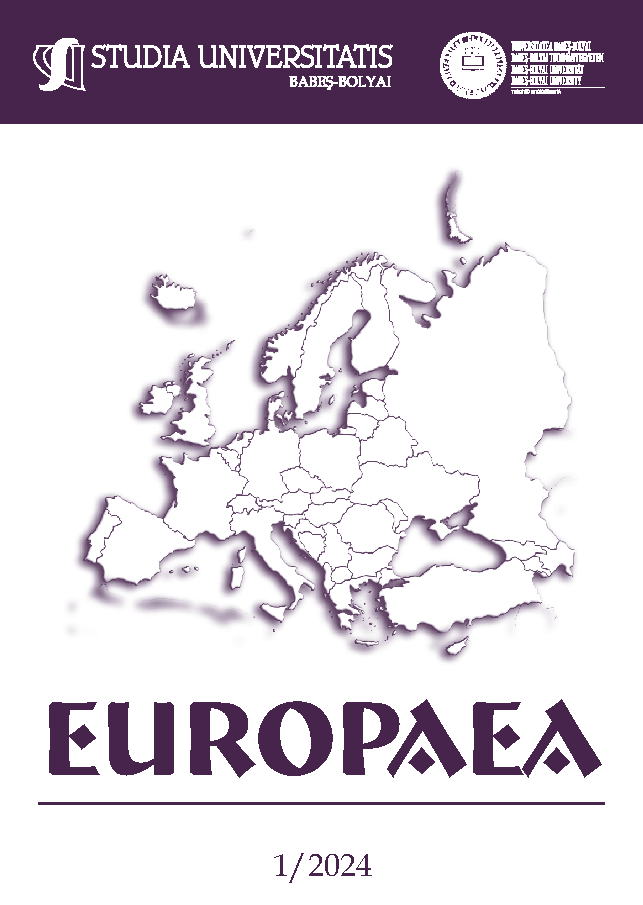THE EU AND THE ABRAHAM ACCORDS: FROM SCEPTICISM TO ENGAGEMENT
THE EU AND THE ABRAHAM ACCORDS: FROM SCEPTICISM TO ENGAGEMENT
Author(s): Boaz BismuthSubject(s): Peace and Conflict Studies
Published by: Studia Universitatis Babes-Bolyai
Keywords: Abraham Accords; Israeli-Arab conflict; cooperation; international relations.
Summary/Abstract: The Abraham accords signed in Washington in September 2020, a series of joint normalization statements between Israel the UAE and Bahrain followed by Morocco in December 2020, were a game changer in the Middle East. Those Accords provide the pathway to the end of the Arab Israeli conflict and a future of peace, tolerance and opportunity in the Middle East and around the world. Those accords proved that there is a new way for negotiations in the Middle East. One could have been surprised that the EU was not engaged in the Accords when signed. The fact that Europeans believe in the two-state solution as the only solution and the fact that the American President Donald Trump was behind the Accords made Europe skeptical to the Accords. But reality made the difference: The war in Ukraine brought its challenges and Iran’s interference in the conflict (supplying drones to Russian’s army) provoked a real concern in Europe. The Iranian nuclear program seemed again a threat to the west and not only to Israel and Gulf countries. conflict management played a role. This paper depicts how Europe went from skepticism to engagement concerning the Abraham Accords. Geo-political interests were clear: geopolitical realignment, a great potential for Africa and energy and food supply potential in connection to those Accords. Furthermore, cooperation as well as development in foreign affairs played a role in Europeans’ choice.
Journal: Studia Universitatis Babes-Bolyai - Studia Europaea
- Issue Year: 69/2024
- Issue No: 1
- Page Range: 177-188
- Page Count: 12
- Language: English

